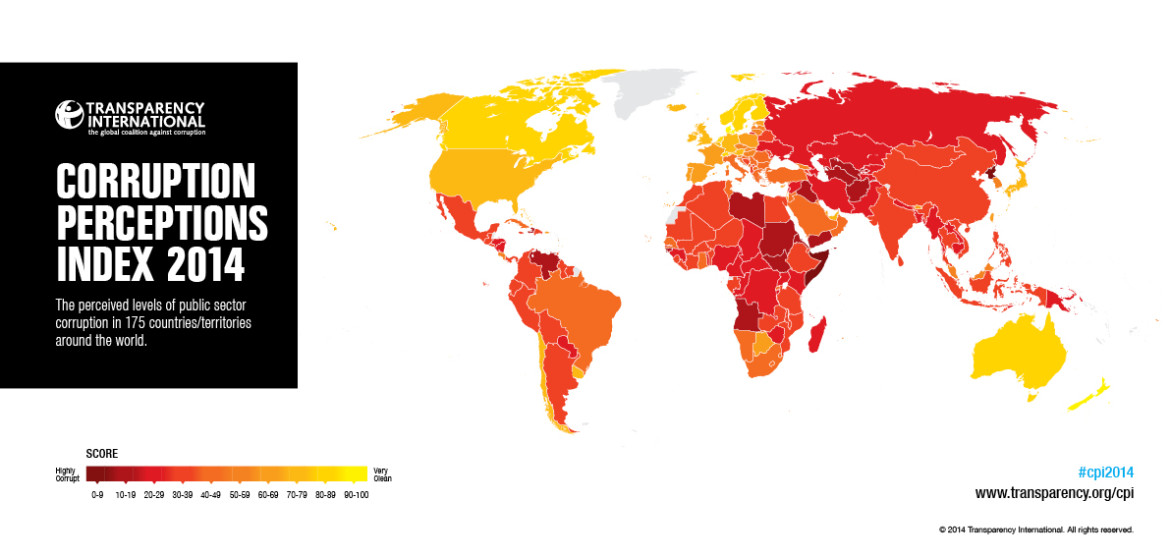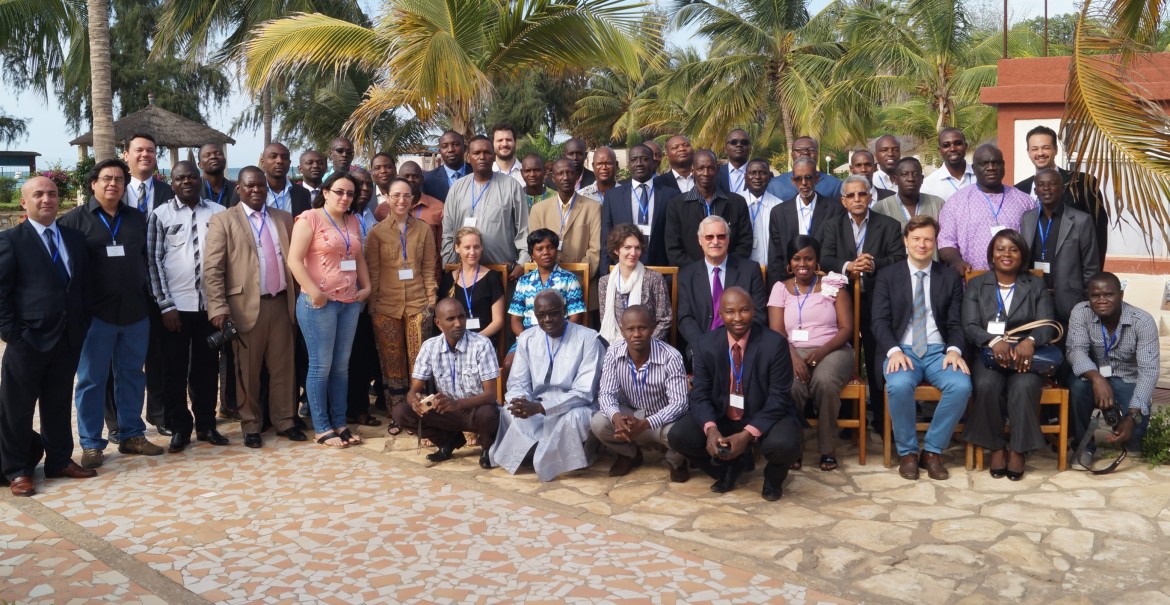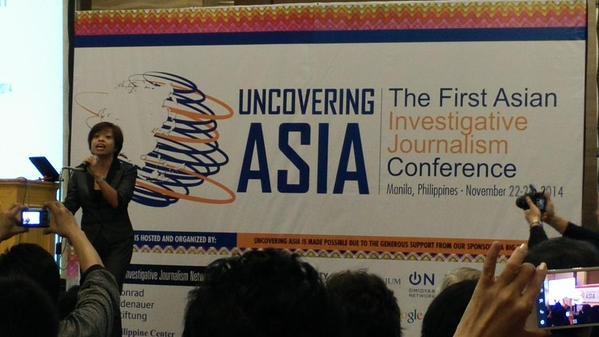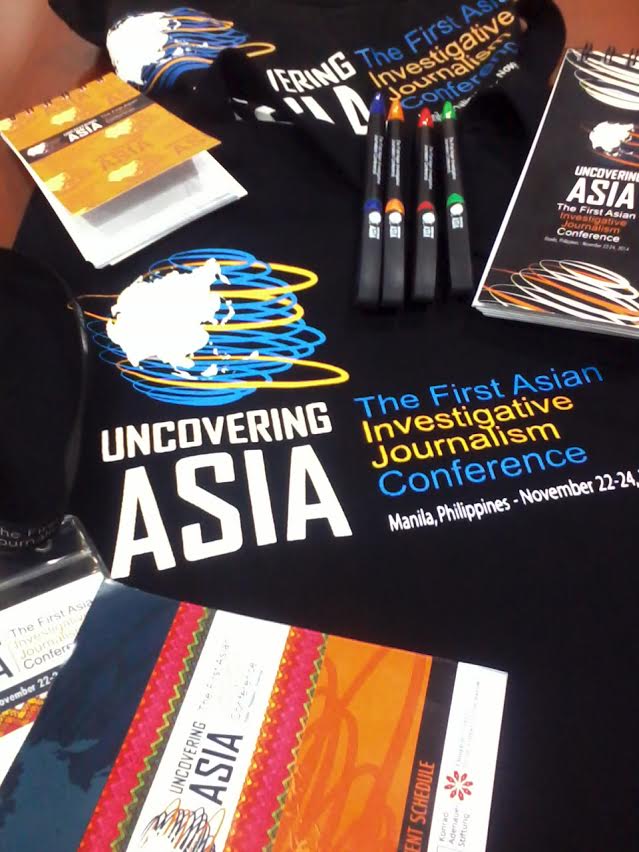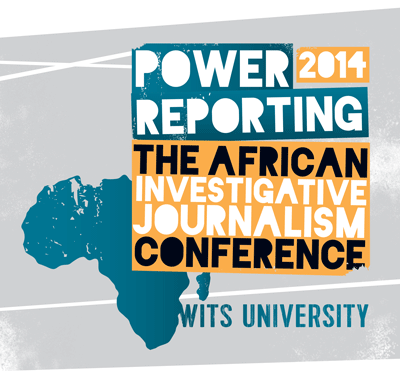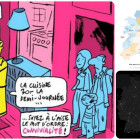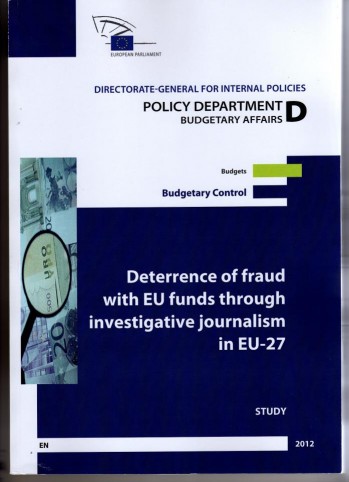Arab press
The Plight of the Arab Press — Where’s the Reporting?
|
The majority of the Arab press — whether available in print or online — depends largely for their news on what national or international press agencies produce. The only real investment is placed in supporting columnists whose opinions and analysis reflect the particular editorial line of the publisher and the owners of that outlet. This disproportionate support for columnists rather than reporters can best be seen when you ask any follower of Arab media to name a particular news reporter or investigative journalist connected with a particular journal.

